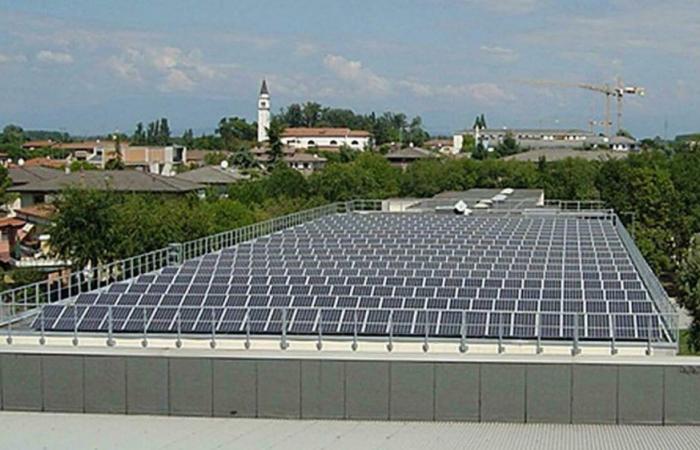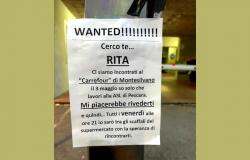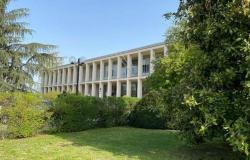TREVISO – The foundation is taking shape to join forces with small photovoltaic systems scattered throughout the area and start energy sharing. Leading the “collectivization” of the current is the Priula basin council, through Contarina. «Renewable energy communities are fundamental both for reducing bill costs, given that it is possible to have significant savings, and for protecting the environment. We aim to establish them by the end of July – announces Franco Bonesso, councilor of the basin, point of reference for the so-called Cers – after which there will be the membership phase. And at that point we can start sharing energy.” Everything will be managed by a non-profit participatory foundation. There are 18 Municipalities that have already joined on a preliminary basis, as founding members. Starting from Treviso, waiting for the photovoltaic heart that will pulsate in the plant to be built above the old landfill in via Orsenigo, and from the towns in the urban belt. The steps in the municipal councils are being finalized.
THE COMPONENTS
The most recent is the green light for the statute and the deed of incorporation of the foundation received from the Municipality of Istrana. For the latter, for example, the fee to participate in the start-up of the foundation amounts to just under 825 euros. First of all, it will be the administrations themselves who will pool their production on the photovoltaic front. And subsequently it will also open up to private citizens, businesses, other entities and so on. This is no small feat if you consider that Marca is the fourth province in Italy for the number of private photovoltaic panels, as confirmed by the latest GSE report. The share is 3.1% of the national total, second only to Rome and Brescia. There are over 47,200 active private plants, for a total production of almost 525 Gwh. «We have developed a project with Contarina to define the technical framework – this is the point made by Bonesso – once the energy communities have been formalised, citizens and other subjects will be able to enter to exchange the energy produced and to receive the related incentives».
THE SCHEME
In the end, the communities will be made up of members who are consumers and producers of renewable energy, a distribution network and an electrical cabin, possibly with a storage system. In short, the community shares first of all the energy produced by the members and, for further needs, draws energy from outside, through the cabin. The issue is complex. In essence, the Priula basin, which groups together 49 municipalities in total, allows for order. Several municipalities are divided between several primary cabins. The single direction of the Priula (while keeping in mind that it is possible to join several energy communities), will allow for not having to get lost among different statutes, regulations and operating conditions. “We are looking at small photovoltaic systems. Those of homes, to be clear. Not at large settlements – Bonesso makes clear – putting them on the network will allow for maximizing convenience”. It was necessary to wait for the implementing decrees. But now things are getting serious. Large infrastructures will not be needed to connect the members’ systems. In addition to the technological aspect, the issue is above all administrative. Hence the entry into the field of the Priula. “The solution proposed by the Priula basin consortium, through Contarina, appears promising in terms of inter-municipal sharing and centralization of management through a single hub,” explains Maria Grazia Gasparini, mayor of Istrana. “We have joined the project with confidence. And we hope that it can also open the way to the acquisition of external contributions.” “The value of this project is unquestionable on an environmental, economic and social level, given the possibility of self-consuming and sharing the energy produced on site with renewable sources,” adds Simone Serrajotto, deputy mayor of Istrana with responsibility for the environment, “but the added value is precisely the fact of being able to count on a common direction that overcomes fragmentation.”
© ALL RIGHTS RESERVED
Read the full article at
The Gazette






